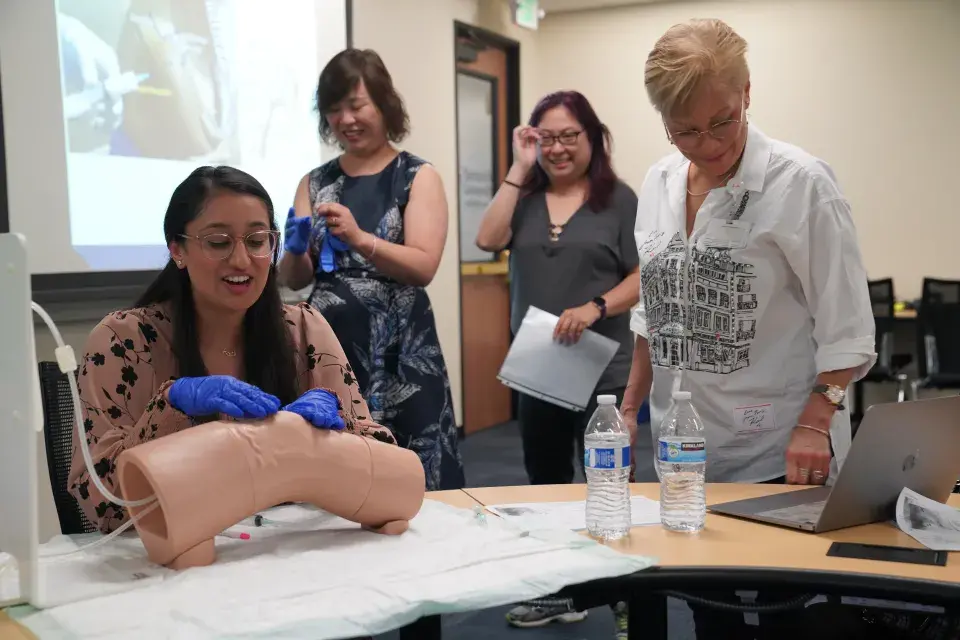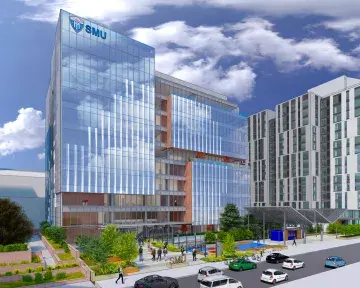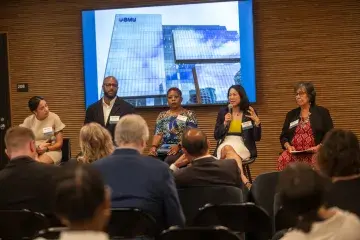SMU Expands Nursing Programs to Help Close California’s Nursing Shortage

As California faces a critical shortage of registered nurses, Samuel Merritt University (SMU), a leader in health science education for over a century, is taking action to grow the nursing workforce and expand access to quality care across the state. SMU today announced a significant expansion of its nursing programs across multiple campuses, reflecting its commitment to addressing workforce shortages and preparing the next generation of skilled, compassionate nurses.
California is projected to lose more than 106,000 nurses over the next decade, nearly a quarter of its nursing workforce. The state is already experiencing a staggering shortage of an estimated 36,000 nurses, and these shortages are felt in longer ER wait times, overloaded hospital units, and burnt-out clinical staff. The most effective way to close this gap is by educating and graduating more nurses.
To help meet this urgent need, SMU is significantly expanding enrollment across several high-demand nursing programs:
- Since opening in 2024, the Fresno campus has enrolled two cohorts of 48 students each in the Accelerated Bachelor of Science in Nursing (ABSN) program
- The ABSN program will grow by 96 students with 48 students each at the Oakland and Sacramento campuses
- The Entry-Level Master of Science in Nursing – Family Nurse Practitioner (ELMSN-FNP) program will add 24 new students
- The Bachelor of Science in Nursing (BSN) program in Oakland will increase by 24 students
These additional enrollments represent a major effort to bring more qualified nurses into California’s healthcare system. The expansion is enabled in part by SMU’s new flagship City Center Campus, opening in January 2026 in downtown Oakland. The state-of-the-art facility will feature advanced simulation suites, specialty labs and collaborative learning spaces designed to mirror the complexity of real healthcare environments. The new campus will also house a Health Sciences Simulation Center and a Motion Analysis Research Center, strengthening the University’s ability to train practice-ready nurses and healthcare professionals.
“The nursing shortage isn’t just about numbers. It’s also about the systems that support education and training,” said Dr. Steven Rush, Dean of the College of Nursing at SMU. “SMU is creating a full pipeline, from student to nurse to educator. That includes innovative shared-faculty models, new pathways from graduation to teaching and modern clinical training environments that reflect what today’s healthcare demands.”
With a mission to advance health equity and meet the needs of underserved communities, SMU’s expansion reflects its belief that investing in workforce development is the best way to strengthen the healthcare system.


